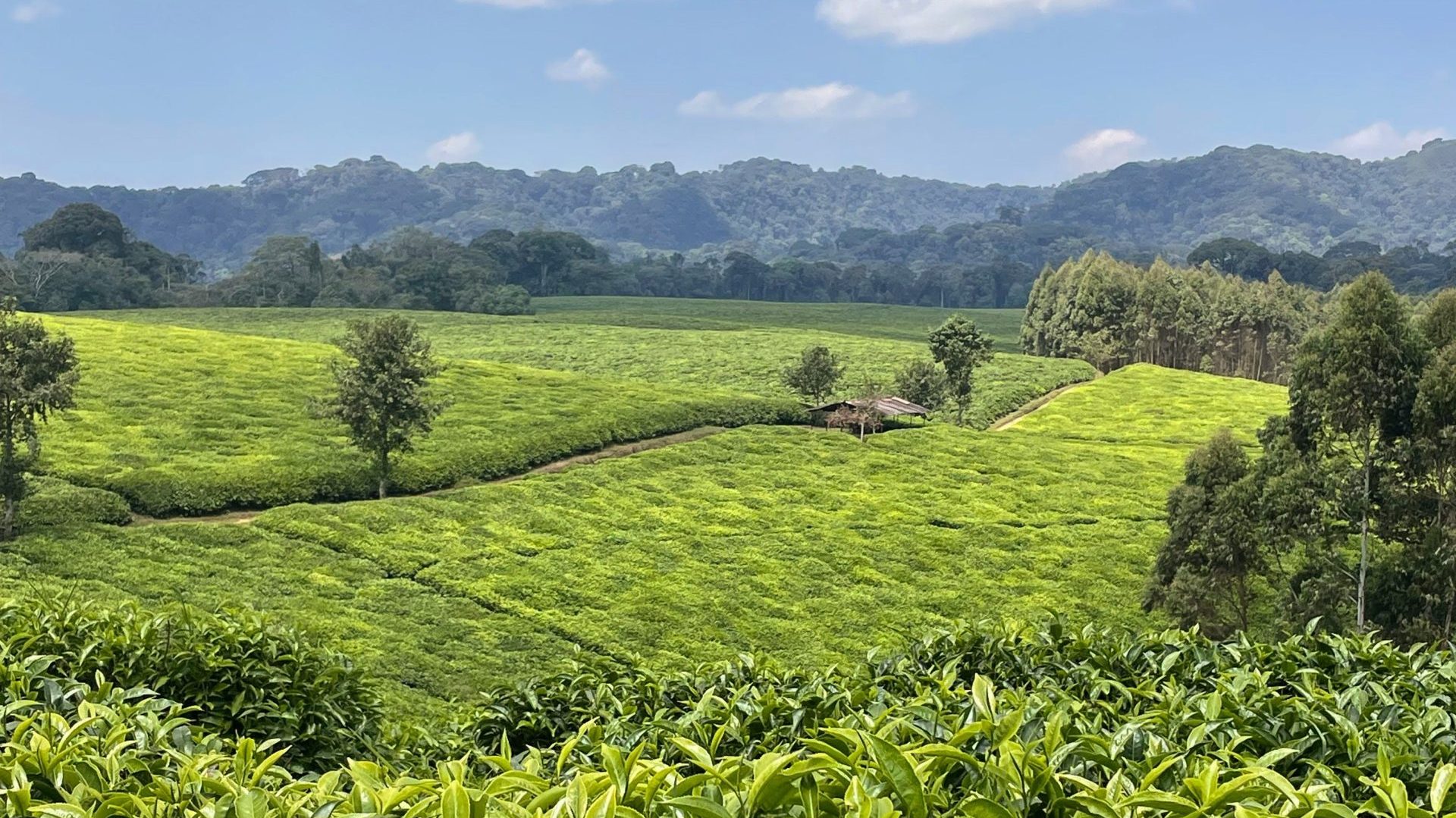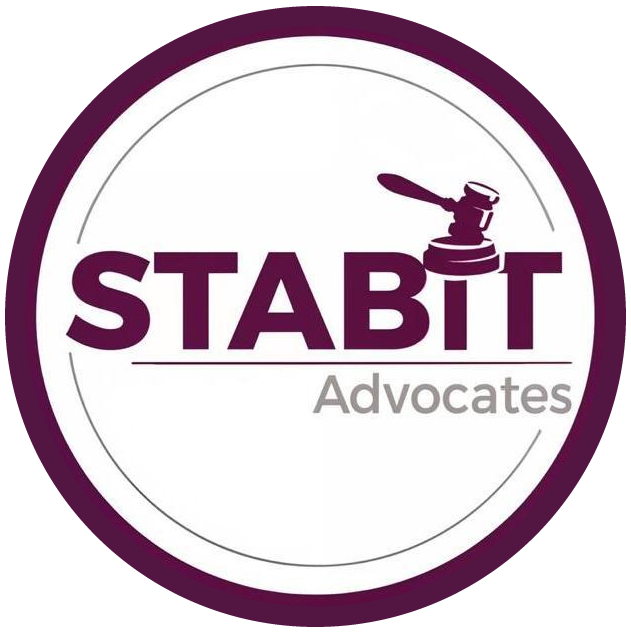The Remote Work Revolution: Navigating the Legal Landscape of the New Corporate Reality. A stabit…

A Comprehensive Guide to Land Rights and Ownership in Rwanda
The Constitution of the Republic of Rwanda of 2003, revised in 2015, stipulates that private ownership of land and other rights related to land are granted by the State. The Land Law of 2013 further asserts that the State is the sole authority responsible for granting rights of occupation and use of land. Moreover, the State retains the right to expropriate land in the public interest. The law also prohibits all forms of discrimination, such as those based on sex or origin, in relation to access to and enjoyment of land.
Despite the State’s ultimate authority, the Land Law grants landowners full rights to exploit their land in accordance with the provisions of the Land Law and other applicable laws. The State recognizes the right to freely own land and protects landowners from being dispossessed of their land, whether partially or fully, except in cases of expropriation due to public interest.
Land Ownership and Lease Agreements
Any individual in possession of land acquired through custom, grant from a competent authority, or purchase is recognized as the proprietor under an emphyteutic lease. An emphyteutic lease, as defined by the Land Law, is a long-term contract between the State and an individual, allowing the latter to exploit the land in return for a periodic agreed payment.
Rwandan citizens are entitled to be granted freehold title to land reserved for residential, industrial, commercial, social, cultural, or scientific purposes. Freehold rights apply only to developed land where infrastructure is erected and are limited to the area necessary to support the authorized developments and their amenities. The maximum size of land that can be granted freehold title is five (5) hectares. Freehold tenure grants full and indefinite rights over the land.
Foreigners are entitled to an emphyteutic lease on land, whether acquired from private persons or the State, for a period not exceeding forty-nine (49) years, compared to the ninety-nine (99) years valid for nationals. Both leases are renewable. However, foreigners may be granted freehold title if provided for by an international convention to which Rwanda is a signatory or under the condition of reciprocity deriving from bilateral agreements. Additionally, foreigners are treated as nationals and may be granted freehold title when operating in Special Economic Zones, which are geographically specified and physically secured areas administered by a single body, offering certain incentives, including more liberal and simplified economic regulations.
A landowner with a freehold title pays property tax as stipulated by taxation laws, while a landowner with an emphyteutic lease pays lease fees as determined by a Presidential Order.
Procedure for Purchasing Land
Prospective land buyers are advised to conduct due diligence to ascertain the status of the land they intend to purchase. This includes verifying that the land is free from encumbrances, caveats, or mortgages. This can be achieved by conducting a Mortgage Search at the Rwanda Development Board (RDB) and an Encumbrance Search at the Rwanda Land Authority.
Upon confirmation by RDB and the Rwanda Land Authority that the land is free from encumbrances, the parties can agree and sign an Agreement for Sale and Purchase of Land, which is notarized to give it legal backing.
It is advisable for the purchaser to pay via bank transfer to the land seller’s bank account or issue a cheque in the seller’s name. This serves as proof of payment in the event of future disputes.
The parties then proceed to the Sector Office (Umurenge) where they sign a Transfer Form before the Public Notary of the Sector and provide other necessary documents, including but not limited to national IDs of both the seller and buyer, proof of payment of transfer fees, and the land title, as part of their application for Transfer of Title. Following this process, the parties receive a receipt as evidence of their transfer application. The buyer will be notified to collect the land title in their name after a specified period.
If you love our article on “A Comprehensive Guide to Land Rights and Ownership in Rwanda,” check back here for more legal news
Contact Information
Stabit Advocates
Website: www.stabitadvocates.com
Email: info@stabitadvocates.com
Phone: +250 789 366 274
For more information or to discuss your case, please contact us at www.stabitadvocates.com.
This guide is intended to provide general information and does not constitute legal advice. For specific legal advice tailored to your situation, please consult with a qualified attorney at Stabit Advocates.




This Post Has 0 Comments